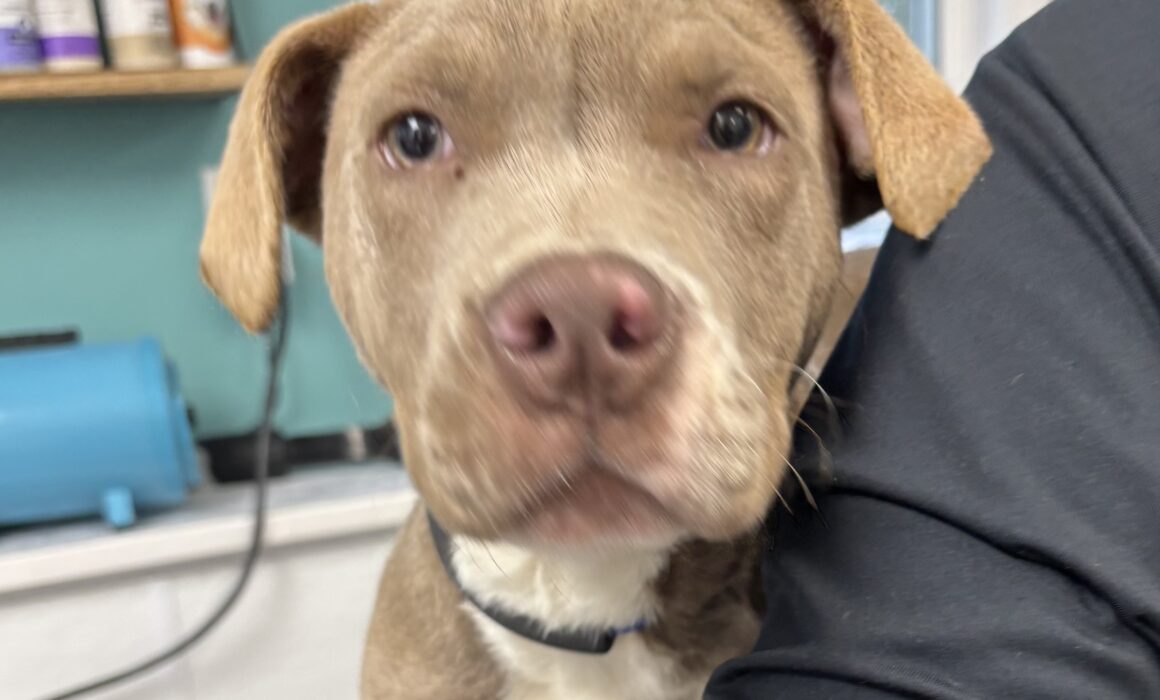Shelters Are Full—Now More Than Ever, Preparation and Patience Are Key
As shelters and rescues across the country continue to operate under immense strain, Second Chance is calling on the public to take a thoughtful, long-term approach to pet adoption. The organization is using this moment to raise awareness of the daily realities facing shelters—and to emphasize that preparation, patience, and commitment are essential to making adoption truly forever.
Right now, shelters are full — dealing with a flood of emergency cases, owner surrenders, and pets with medical or behavioral challenges. Our teams are working around the clock, and one of the best ways the public can help is by making informed, committed decisions when bringing a pet home.
What Shelters Are Facing Behind the Scenes
While the public sees the happy faces of adopted pets, they may not realize the complexity of what happens behind the scenes. Every day, shelters like Second Chance are treating pets with life-threatening injuries, managing behavioral rehabilitation, responding to cruelty cases, and supporting families in crisis who don’t want to give up their beloved pets but feel they have no other choice. Space is limited, resources are stretched, and the need is constant.
Why Preparation Matters
Adopting a pet is a wonderful act of compassion, but it also comes with responsibility. Second Chance encourages prospective adopters to take the time to understand what a pet truly needs—not just in the first week, but for years to come. Considerations should include time for training, cost of veterinary care, lifestyle compatibility, and willingness to provide patience during the pet’s transition into their new home.
Adjustment Takes Time
Many adopted pets need a period of decompression. A new environment, unfamiliar people, and changes in routine can be overwhelming. Some pets may hide, act out, or show signs of stress. This is normal. Second Chance emphasizes that patience, consistent routines, and gentle reassurance can go a long way in helping pets settle in and thrive.
Ask for Help Early
One of the most important things adopters can do is reach out for help at the first sign of trouble. “So often, issues that lead to a return could have been resolved with early support,” said Blancato. “Whether it’s a training need, anxiety, or just an overwhelmed pet parent, we’re here to help. But we need people to ask for that help before it becomes a crisis.”
Returns Are Sometimes Necessary—But Space Is Limited
Second Chance remains committed to being a no-kill shelter. That means no pet is euthanized for time or space—but that also means every kennel is a lifeline, and space must be managed carefully. The shelter does accept returns, when necessary, but urges adopters to exhaust all support options first. Pets who pose safety concerns, such as those with a history of unprovoked aggression, may not be eligible for rehoming—making early intervention even more critical.
Before surrendering to any shelter, be sure that you understand the policies of that shelter. Open admission shelters accept every animal brought to them, regardless of age, health, behavior, or space availability. While this ensures pets in need have a place to go, it can lead to difficult decisions, including euthanasia when space or resources run out. In contrast, no-kill shelters like Second Chance commit to saving every adoptable and treatable animal, only considering euthanasia in cases of severe illness or aggression that cannot be safely managed. Because no-kill shelters do not euthanize for space, they often operate at or near capacity and must manage admissions carefully to ensure they can continue providing high-quality care and support for every animal they take in.
Supporting Pets and Their People, For Life
Adoption is just the beginning. Second Chance provides affordable veterinary care through its Community Veterinary Hospitals, as well as access to behavioral support and community outreach programs. The organization stands beside its adopters, offering guidance every step of the way.
We believe in second chances—for pets and people alike. If you’re thinking about adoption, we encourage you to take that step. Just make sure you’re ready for the commitment and know that we’re here to support you.

